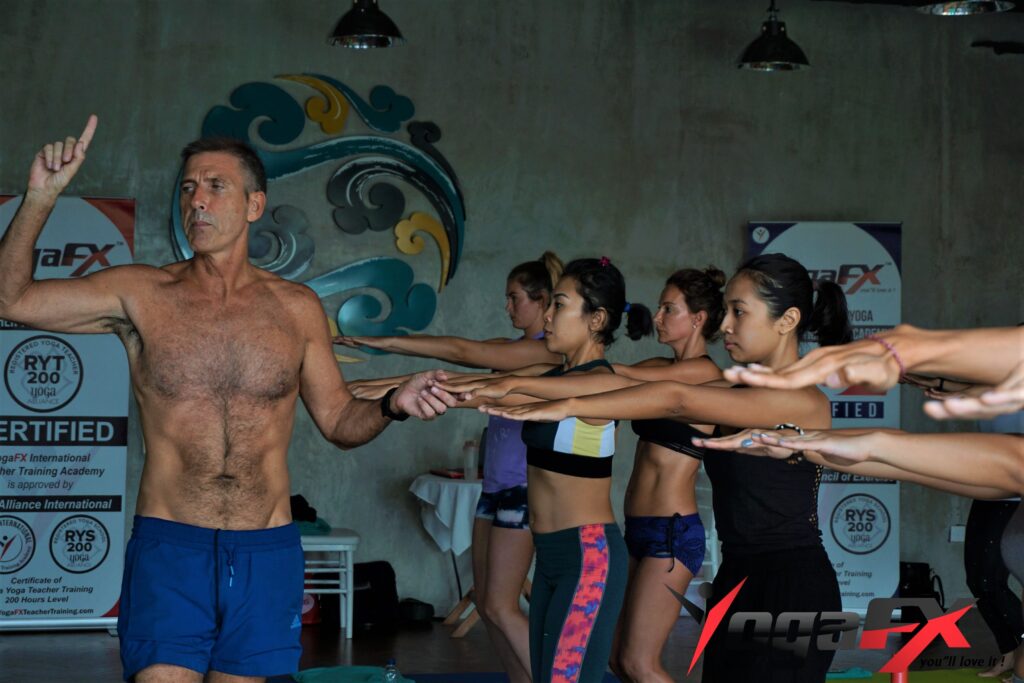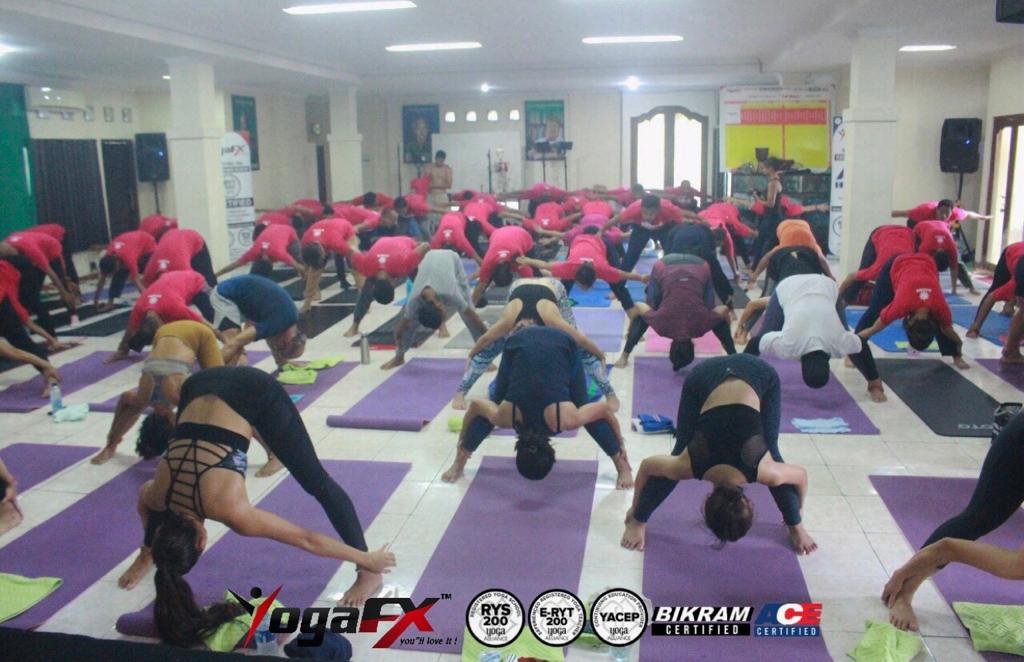Yoga is a practice that encompasses physical, mental, and spiritual well-being. Many individuals are drawn to the idea of becoming yoga instructors, not only to share their passion for yoga but also to make it their profession. One question that often arises is, “How much does a yoga instructor earn?” While the rewards of teaching yoga go beyond financial compensation, understanding the financial aspect is essential for those considering a career in yoga instruction. In this article, we will delve into the factors that influence a yoga instructor’s earnings, shed light on different income streams within the industry, and provide insights into how yoga instructors can create a sustainable and rewarding career. So, let’s explore the world of yoga teaching and uncover the answer to the question, “How much does a yoga instructor earn?”

Factors Influencing Yoga Instructor Earnings
The earning potential of a yoga instructor can vary depending on several factors. Experience and qualifications play a significant role in determining income levels. Experienced instructors with advanced certifications and specialized training often command higher rates compared to those who are just starting their teaching careers. They bring a wealth of knowledge and expertise to their classes, making them more valuable to students.
Location is another important factor. The demand for yoga classes, the cost of living, and the overall economic conditions in a specific area can influence how much a yoga instructor can earn. In metropolitan areas or cities with a high concentration of yoga studios, the competition may be intense, but the demand can also be higher, allowing instructors to charge premium rates. In contrast, instructors in smaller towns or rural areas may have fewer teaching opportunities and lower average class rates.
“The Whole Process Is Sweating Panic Worry”
Types of Yoga Instruction and Income Streams
Yoga instructors have various income streams available to them. Teaching group classes at yoga studios, fitness centers, or community centers is a common way to generate income. These establishments may pay instructors on an hourly basis or offer revenue-sharing arrangements based on class attendance or membership sales.
Private yoga sessions provide a more personalized experience for clients and can command higher rates compared to group classes. Many instructors offer one-on-one or small-group sessions tailored to their clients’ specific needs and goals. These sessions can be conducted at a studio, the client’s home, or even virtually.
Another avenue for income is teaching specialized workshops, retreats, or corporate yoga sessions. These offerings cater to specific audiences and may attract individuals willing to pay a premium for intensive learning experiences or unique settings.
In recent years, online teaching has gained significant popularity. Many yoga instructors have embraced virtual platforms to reach a broader audience and generate income through online classes, courses, or memberships. This allows instructors to transcend geographical boundaries and cater to students worldwide.

Understanding Yoga Instructor Compensation Models
Compensation models for yoga instructors can vary depending on the setting and arrangement. Instructors teaching group classes at studios or fitness centers may receive a fixed hourly rate, ranging from $20 to $60 or more, depending on their experience and the location of the studio. Alternatively, they may enter into revenue-sharing agreements where they receive a percentage of the class fees or membership sales.
Private sessions often provide more flexibility in setting rates. Instructors may charge anywhere from $50 to $150 or more per hour, depending on factors such as their expertise, the client’s location, and the level of personalization required.
Workshops, retreats, and specialized programs offer different compensation structures. Instructors may charge a flat fee for their services or receive a percentage of the overall event revenue. The income potential for these offerings can vary greatly depending on factors such as the duration of the event, the number of participants, and the location.
Maximizing Earnings and Building a Sustainable Career
To maximize earnings as a yoga instructor and build a sustainable career, several strategies can be employed. Continuing education and advanced certifications in specific yoga styles, such as Hot Yoga, 26 and 2 Yoga (also known as Bikram Yoga), or other specialized training, can set instructors apart and allow them to offer unique classes that appeal to a niche audience. These specialized classes often command higher rates, attracting dedicated students seeking specific practices.
Developing a strong personal brand and online presence is also crucial in today’s digital age. Creating a professional website, leveraging social media platforms, and utilizing online teaching platforms can help instructors reach a wider audience, build a loyal following, and attract potential clients.
Diversifying income streams is another effective strategy. In addition to teaching regular classes, instructors can explore opportunities such as offering workshops, retreats, teacher training programs, or creating online courses. These avenues not only provide additional sources of income but also allow instructors to share their knowledge and expertise with a broader audience.
Networking with other yoga professionals and establishing connections within the industry can open doors to collaborative opportunities, joint events, or corporate partnerships. These collaborations can expand an instructor’s reach and create new income streams.

Conclusion
In conclusion, the earning potential of a yoga instructor in the UK is influenced by factors such as experience, qualifications, location, and the types of instruction and income streams pursued. While there is no fixed salary for yoga instructors, it is possible to build a rewarding and financially stable career in yoga teaching. By understanding the factors that influence earning potential, exploring different avenues for income, and adopting effective strategies, yoga instructors can create a sustainable and fulfilling livelihood. Remember, the true value of being a yoga instructor goes beyond monetary rewards. It lies in the ability to share the practice of yoga, positively impact the lives of students, and contribute to the well-being of the community.
If you are passionate about teaching Bikram Yoga, consider exploring the Bikram Yoga teacher training offered by YogaFX. This comprehensive training, led by Mr. Ian, a Yoga Alliance certified instructor and ACE-certified fitness professional, provides the knowledge and skills necessary to become a qualified Bikram Hot Yoga instructor. To embark on your journey as a Bikram Yoga teacher, consider enrolling in the Bikram Hot YogaFX teacher training offered by YogaFX and unlock the potential for a fulfilling and prosperous career in yoga instruction.

